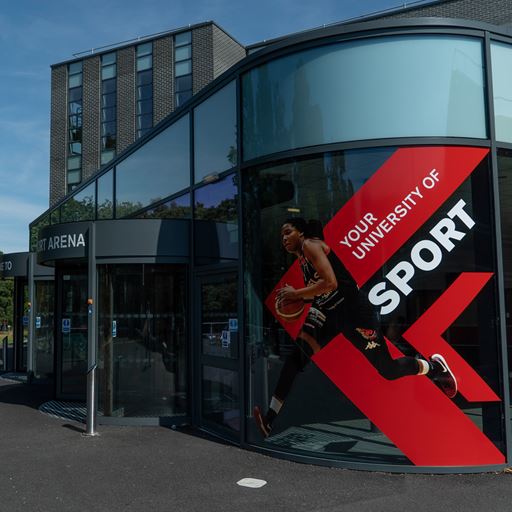As the new academic year approaches, Essex Sport is asking how we can widen student participation in sport and physical activity.
Essex is one of six UK universities tasked with finding ways to increase physical activity levels among students from low socio-economic backgrounds.
The research programme, funded by British Universities and Colleges Sport (BUCS), will see Essex Sport recruit student ambassadors from low income backgrounds, training them to deliver a programme to increase participation through initiatives like subsidised memberships and special sessions for students from these groups.
The programme builds on research from the Sport Industry Research Centre at Sheffield Hallam University that found these students were less active and less likely to be a member of a sport or fitness club, or volunteer in sport and fitness activities.
Shaun Conlon, Sports Development Manager, said: “Sport and physical activity bring huge benefits in terms of attainment, recruitment, employability, experience and retention.
“We know engagement levels are lower among students from lower socio-economic groups, but we don’t know why.
“This project will take a holistic approach to better understand the motivations and perceived barriers of students at Essex and explore solutions that remove the most significant barriers of students from lower socio-economic groups to take part in sport and physical activity.”
Funding for the programme has been provided from British Universities and Colleges Sport (BUCS) and builds on the successes of the two previous rounds of BUCS Active funding.
Matt Holdstock, BUCS Senior Development Manager, said: “The impact of the projects on students in the first two rounds of BUCS Active projects has been very positive, not just in relation to increasing student levels of physical activity but also their mental wellbeing and overall student experience. We have taken some great learnings over the last two years from universities that have run successful projects and look to expand on this for the universities delivering over the next academic year.”

.jpg?mh=500&mw=500&hash=6568B6C9CCF5290A596BEF6678B6AD0E)




